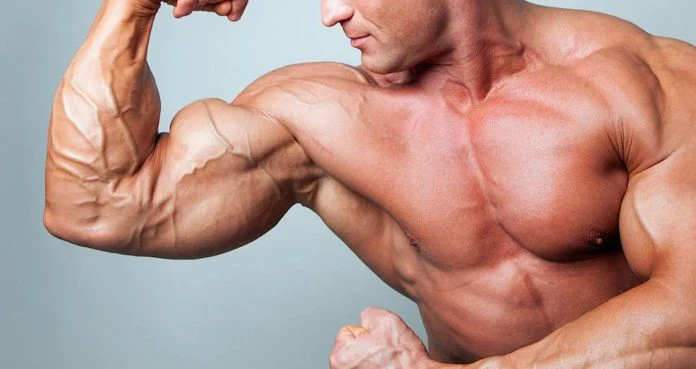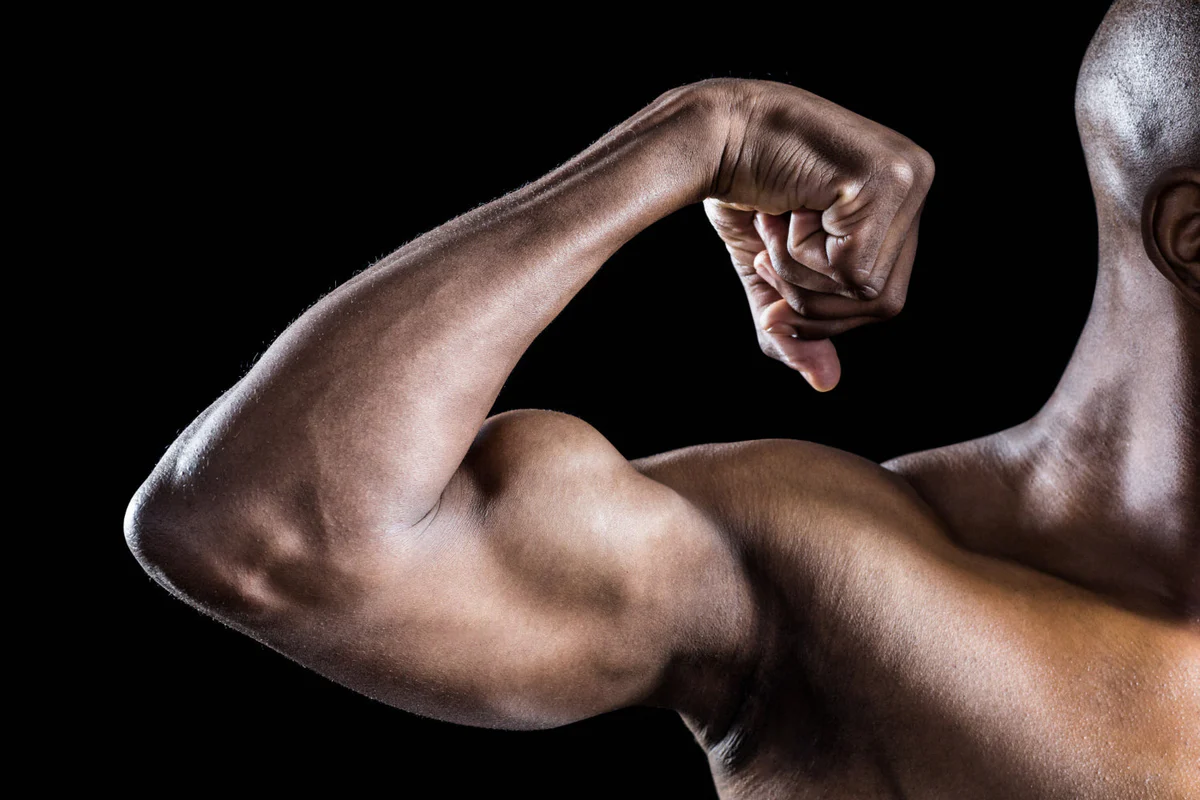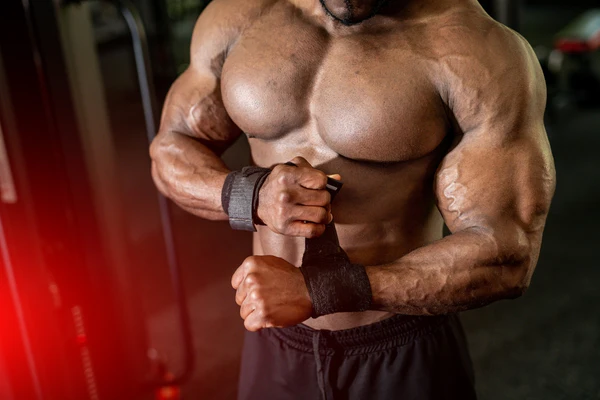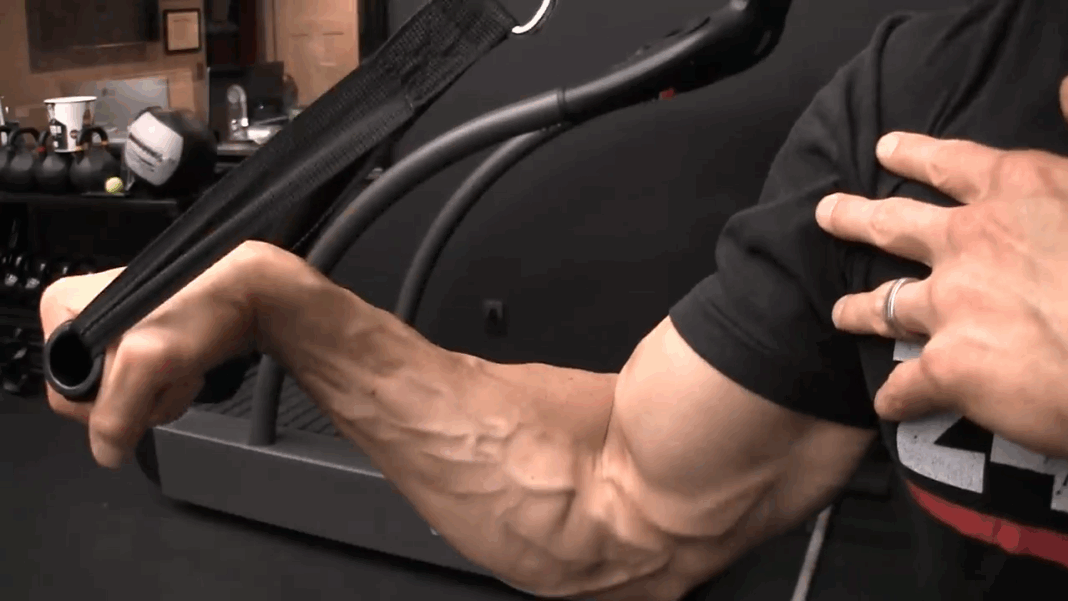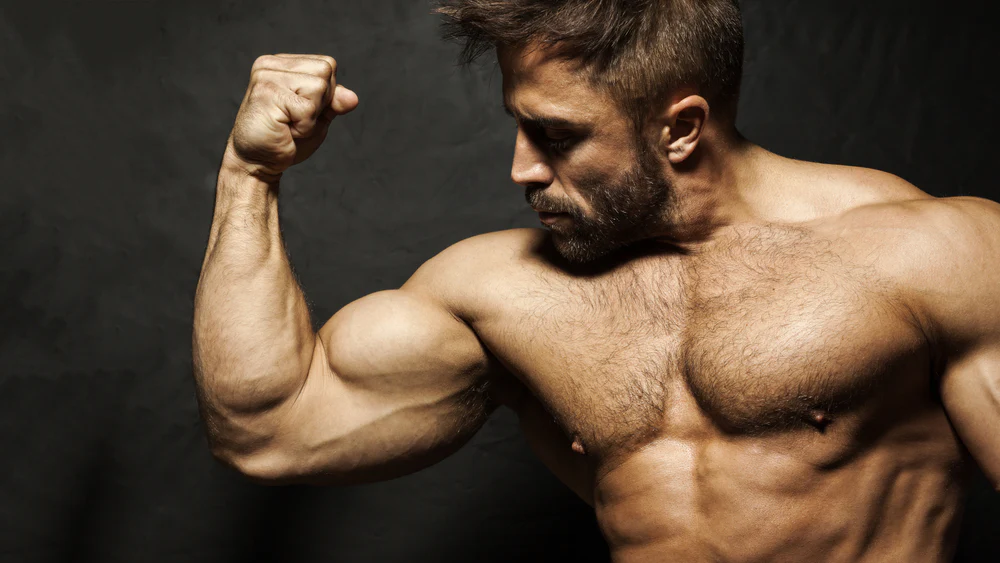Long Head vs Short Head Biceps: Build Bigger, Balanced Arms by Training Both
Every lifter curls. But not every lifter builds truly great arms.
If you want biceps that not only grow in size but command attention from every angle — you need more than just volume or random curls. You need precision. That means understanding the two distinct heads of the biceps and learning how to target each one with intent.
This guide breaks down the anatomy, mechanics, and best training strategies to develop both the long head and short head of your biceps for full, round, and aesthetically balanced arms — the kind that pop from the front and peak from the side.
Biceps Anatomy 101: Two Heads, One Mission — Growth
The biceps brachii — literally “two-headed muscle of the arm” — consists of:
🔹 The Long Head (Outer Head)
- Sits on the outside of your upper arm
- Primarily contributes to arm length and peak
- Originates at the supraglenoid tubercle of the scapula (shoulder blade)
- More active when arms are behind the body
When well-developed, the long head gives your biceps that mountain peak from a side angle. Neglect it, and you’ll flatten out fast.
🔹 The Short Head (Inner Head)
- Runs along the inner side of your arm
- Adds width, thickness, and a full front look
- Originates at the coracoid process of the scapula
- More active when arms are in front of the body
A strong short head fills out the sleeve and makes your biceps look dense and powerful head-on.
💡 Both heads insert at the same place — the radial tuberosity in your forearm — but their origin points and arm angles determine which head does more work in a given exercise.
Arm Position = Head Activation
To train like a bodybuilder, you have to think like one. This means not just going through the motions — but setting your body up to emphasize the head you’re trying to target.
Here’s the simple breakdown:
| Arm Position | Head Targeted |
| Arms behind torso | Long head (stretch) |
| Arms in front of torso | Short head (contracted) |
| Neutral grip (palms in) | Brachialis (arm thickness) |
Your grip, elbow angle, and arm path all influence how much tension each head receives. If you want to build balanced biceps, you need to train through all of these positions.
Best Exercises to Target Each Biceps Head
Let’s go beyond “just do curls” and break it down with precision.
Long Head-Focused Movements
These exercises emphasize elbow positioning behind the torso or narrow grips — stretching the long head and driving growth in the outer biceps.
Incline Dumbbell Curl
-
- Sit back on a 45° incline bench
- Arms hang behind body for full stretch
- Curl with a supinated grip and squeeze hard at the top
✅ Great for: maximum long head activation and peak development
Drag Curl
-
- Bar travels up the body with elbows pulled behind
- Keep chest up and don’t let elbows travel forward
✅ Great for: maintaining long head tension throughout the curl
Bayesian Cable Curl
-
- Stand in front of low cables with arm pulled back
- Curl forward with constant tension
✅ Great for: long head focus with continuous cable resistance
Close-Grip Barbell Curl
-
- Use a shoulder-width or narrower grip
- Keep elbows tucked close to the sides
✅ Great for: shifting more load to the long head vs wide-grip curls
Short Head-Focused Movements
These movements involve elbows slightly forward or a wider grip, shortening the biceps and biasing the inner head.
Preacher Curl (EZ-Bar or Dumbbell)
-
- Elbows rest on pad, locking out momentum
- Full range and top-end contraction
✅ Great for: deep isolation of the short head
Wide-Grip Barbell Curl
-
- Hands wider than shoulders
- Elbows naturally move slightly forward
✅ Great for: emphasizing the inner biceps with every rep
Spider Curl
-
- Chest supported on incline bench (facing down)
- Arms hang straight down
✅ Great for: short head overload and insane peak contraction
Concentration Curl
-
- Seated, elbow resting on thigh
- Focused, isolated curl with deep squeeze
✅ Great for: controlled reps and inner arm activation
Don’t Forget the Brachialis
While not part of the biceps brachii, the brachialis lies underneath and plays a huge role in arm thickness and pushing the biceps up visually.
Best Exercises for Brachialis:
- Hammer Curl
- Cross-body Hammer Curl
- Reverse Curl (EZ Bar or Dumbbell)
✅ Use a neutral or pronated grip to activate the brachialis and give your arms that dense, 3D look.
Programming Tips for Balanced Biceps Development
Even elite lifters fall into the trap of doing the same curl over and over. If you want real results, you need a smart approach.
🔁 Weekly Structure:
- Train biceps 2–3x per week
- Include 1 long head and 1 short head movement in every biceps session
- Add 1 brachialis movement (like hammer curls)
- Total weekly volume: 10–14 sets across 2–3 workouts
Sample Biceps Workout:
| Exercise | Sets x Reps | Focus |
| Incline Dumbbell Curl | 4 x 10–12 | Long Head |
| Preacher Curl (EZ or Dumbbell) | 3 x 12–15 | Short Head |
| Hammer Curl (Dumbbell) | 3 x 10 | Brachialis/Thickness |
Add this to a pull day or arm-focused session. Rotate exercises weekly to prevent adaptation.
Advanced Bodybuilding Tips for Biceps Growth
Want to take your training to the next level? These tips will help you squeeze out every ounce of growth potential.
✔️ Use Strategic Tempo
- Long head: focus on slow negatives (3–4 seconds down)
- Short head: emphasize peak holds (1–2 seconds squeeze at the top)
✔️ Mind-Muscle Connection
- Feel the muscle working — don’t just move weight
- Visualize the head you’re targeting with each rep
✔️ Use Mechanical Drop Sets
Example:
- Start with incline curls (long head, hard position)
- Move to standing curls (neutral)
- Finish with spider curls (short head, strong position)
This lets you train past fatigue without changing weight — just changing leverage.
✔️ Switch Tools Weekly
- Rotate between barbells, dumbbells, EZ bars, cables, and machines
- Each tool offers a different resistance curve and overload potential
Final Word: Know Your Heads, Grow Your Biceps
Big arms don’t come from curling blindly. They come from curling strategically.
Train the long head with deep stretches and elbows behind the body to build peak and length. Train the short head with forward arm angles and contraction-focused movements to build width and front-facing fullness. And don’t neglect your brachialis — it makes everything look bigger.
Bodybuilding is both science and art. When you train with anatomical precision, you don’t just build arms — you sculpt them.
Curl with purpose. Train with structure. Build with intent.
Your best arms are still ahead of you.
🔗 Related Articles:
- Best Biceps Exercises Ranked by Function
- Biceps Peak Training Guide
- Biceps Training Mistakes That Kill Your Gains
- Dumbbell-Only Biceps Workout
- Complete Arm Training Guide

